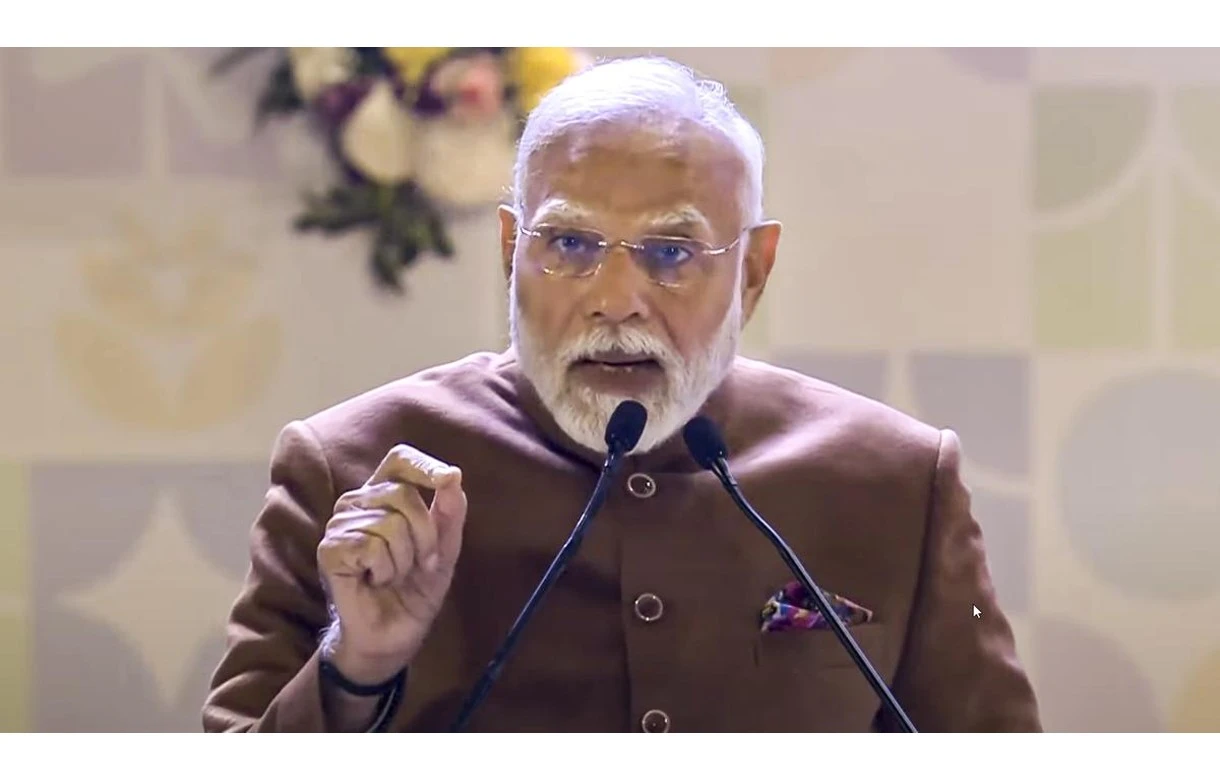[vc_row][vc_column][vc_column_text]UIDAI security system has people’s participatory security system like Biometric Lock facility available at UIDAI portal which any Aadhaarholder can use to put his/her own lock on one’s biometric by visiting UIDAI’s official website www.uidai.gov.in.
The Unique Identification Authority of India (UIDAI) said on Monday that Aadhaar data is completely safe and secure and the ‘leakage’ of Aadhaar number does not imply a breach of Aadhaar data.
It said that mere availability of Aadhaar number would not be a security threat or lead to financial/other fraud, as fingerprint or iris of individual is also required for a successful authentication. Further all authentications happen in presence of personnel of respective service provider which further add to the security of the system
The Unique Identification Authority of India (UIDAI) was responding to news reports on “210 Government sites made Aadhaar info public” on Sunday.
In a statement issued by the PIB, the UIDAI said that such report “is a skewed presentation of the facts and poses as if the Aadhaar data is breached or leaked which is not the true presentation (sic).”
UIDAI said that the Aadhaar data is fully safe and secure and there has been no data leak or breach at UIDAI.
UIDAI said that this said data on these websites was placed in public domain as a measure of proactive disclosure under RTI Act by these government and institutional websites. It included beneficiaries’ name, address, bank account, and other details including Aadhaar number and was collected from the third party/users for various welfare schemes.
“It was this collected info which had been displayed in the public domain under RTI Act. There was no breach or leakage of Aadhaar data from UIDAI database or server as has been aired by the said report,” said UIDAI.
However, it added that, “acting promptly on this, UIDAI and Ministry of Electronics & IT had directed the concerned Government departments/ministries to immediately remove it from their websites and ensure that such violation do not occur in future.”
Certain other measures were also taken at various levels to ensure that such incidents of display of Aadhaar numbers do not take place.
Following UIDAI’s action such data were removed from these websites immediately.
“However, the news presented the facts in a skewed manner and misleads readers as if Aadhaar data has been leaked or breached at 210 websites posing Aadhaar security is vulnerable,” said UIDAI.
UIDAI reiterated that Aadhaar security systems are best of the international standards and Aadhaar data is fully secure. The Aadhaar numbers which were made public on the said websites do not pose any real threat to the people as biometric information is never shared and is fully secure with highest encryption at UIDAI and mere display of demographic information cannot be misused without biometrics.
UIDAI clarified that Aadhaar number is not a secret number. It is to be shared with authorized agencies when an Aadhaar holder wishes to avail a certain service or benefit of government welfare scheme/s or other services. But that does not mean that the proper use of Aadhaar number poses a security or financial threat.
“Also, mere availability of Aadhaar number will not be a security threat or will not lead to financial/other fraud, as for a successful authentication fingerprint or iris of individual is also required. Further all authentications happen in presence of personnel of respective service provider which further add to the security of the system,” said UIDAI.
“Furthermore, UIDAI security system has people’s participatory security system like Biometric Lock facility available at UIDAI portal which any Aadhaarholder can use to put his/her own lock on one’s biometric by visiting UIDAI’s official website www.uidai.gov.in,” UIDAI said.
The UIDAI and the government have been fervently asserting that Aadhhar data is safe and there are no reasons for any concerns about security or privacy of persons. The government has in the meantime been aggressively pushing for making it mandatory for a whole lot of services, including mobile phones, banks etc. It has made it compulsory for availing rations by poor and, in UP, for students taking board examinations to enter the exam hall.
The Supreme Court, yet to decide a case in this connection, has said the government cannot make Aadhar compulsory in the interim. In a landmark judgement this August, the Supreme Court ruled that privacy was a fundamental right of citizens, weakening the case for pushing Aadhar.[/vc_column_text][/vc_column][/vc_row]


 India News10 hours ago
India News10 hours ago
 India News10 hours ago
India News10 hours ago
 Latest world news10 hours ago
Latest world news10 hours ago
 Cricket news5 hours ago
Cricket news5 hours ago
 Latest world news4 hours ago
Latest world news4 hours ago
 India News5 hours ago
India News5 hours ago















